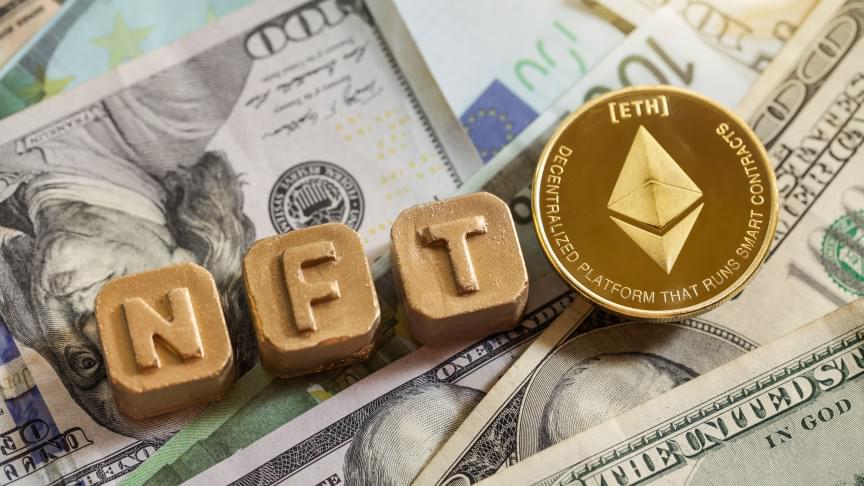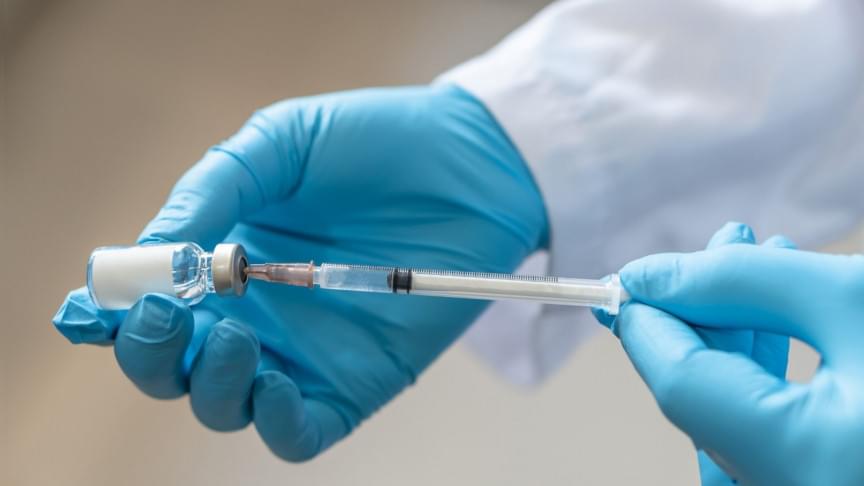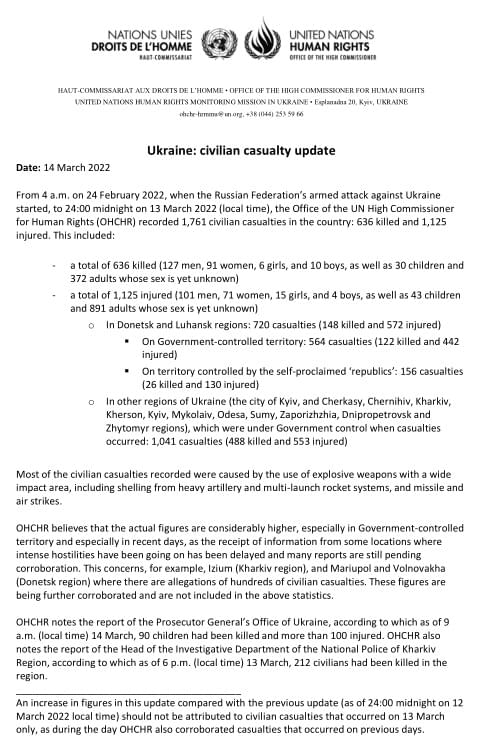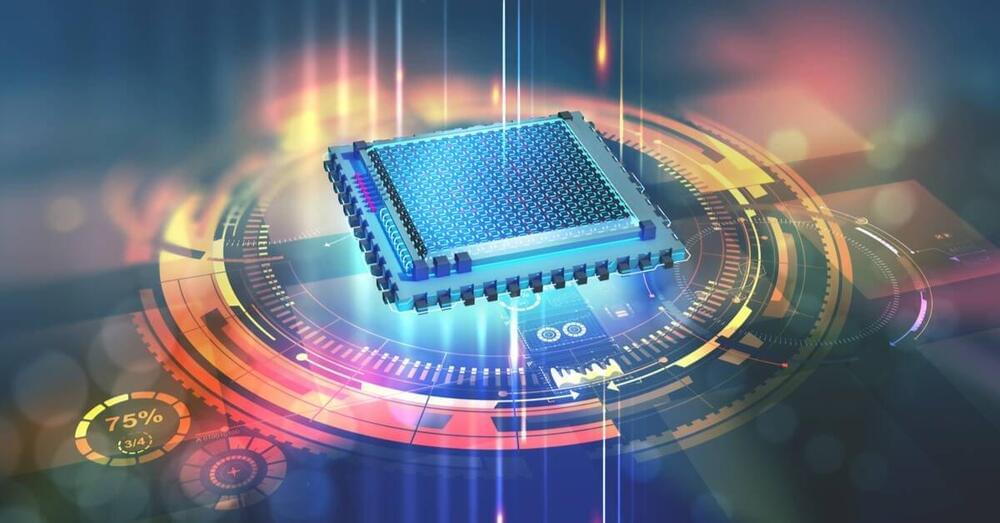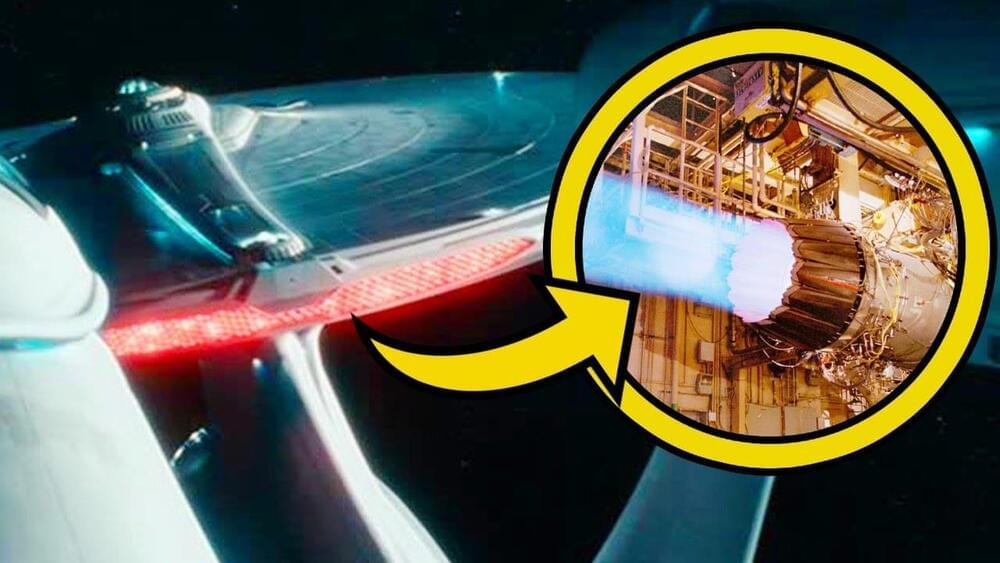Sooner or later Musks childish, morally and politically inept use of social media will thwart his greater (and great) ambition. Whatever your personal beliefs, there is exactly ZERO doubt that every generation since and including millennials has become exponentially less willing to tolerate this kind of stuff. Musk is going to NEED to both the fresh and enthusiastic intelligence and majority scale support, and not JUST in SpaceX research labs and on site engineering teams either.
He’s going to need IMMENSE, PROLONGED, and RELIABLE political support even as the reins of power are being passed from one generation to the next. If he keeps using Twitter like he has nothing to lose and no one’s support He’s going to find that he really does no longer have anything to lose nor anyones support.
At that point, he’ll have difficulty getting from city to city, much less get to Mars to build CITIES or become a secure, far more survivable interplanetary civilization!
That would be a tragedy of possibly humanity extinguishing scale. Is THAT really worth the freedom to act like an entitled, petty child on social media?!
Musk and his dreams already have enemies enough. Why put HIMSELF at the top of that list? After all, this dream is NOT his alone, nor even remotly it’s originator. He’s just the only person to have the right mix of buisness acumen, technological literacy, enthusiasm, imagination, discipline, charisma, and luck to actually make it a reality. If he fails now, that dream WILL die. Whether its because of global warming, war, disease, atrophied critical thinking skills, educational decline, all of the above or some black swan event, the funds, time, will, and the global interconnectedness between scientific institutions and freedom to innovate and leverage those many convergent capabilities to achieve what MUST be achieved will be reduced or gone entirely. ☝️🤨👈
The post Elon Musk Shares Transphobic Meme Following Report of Grimes Dating Chelsea Manning appeared first on Consequence.
